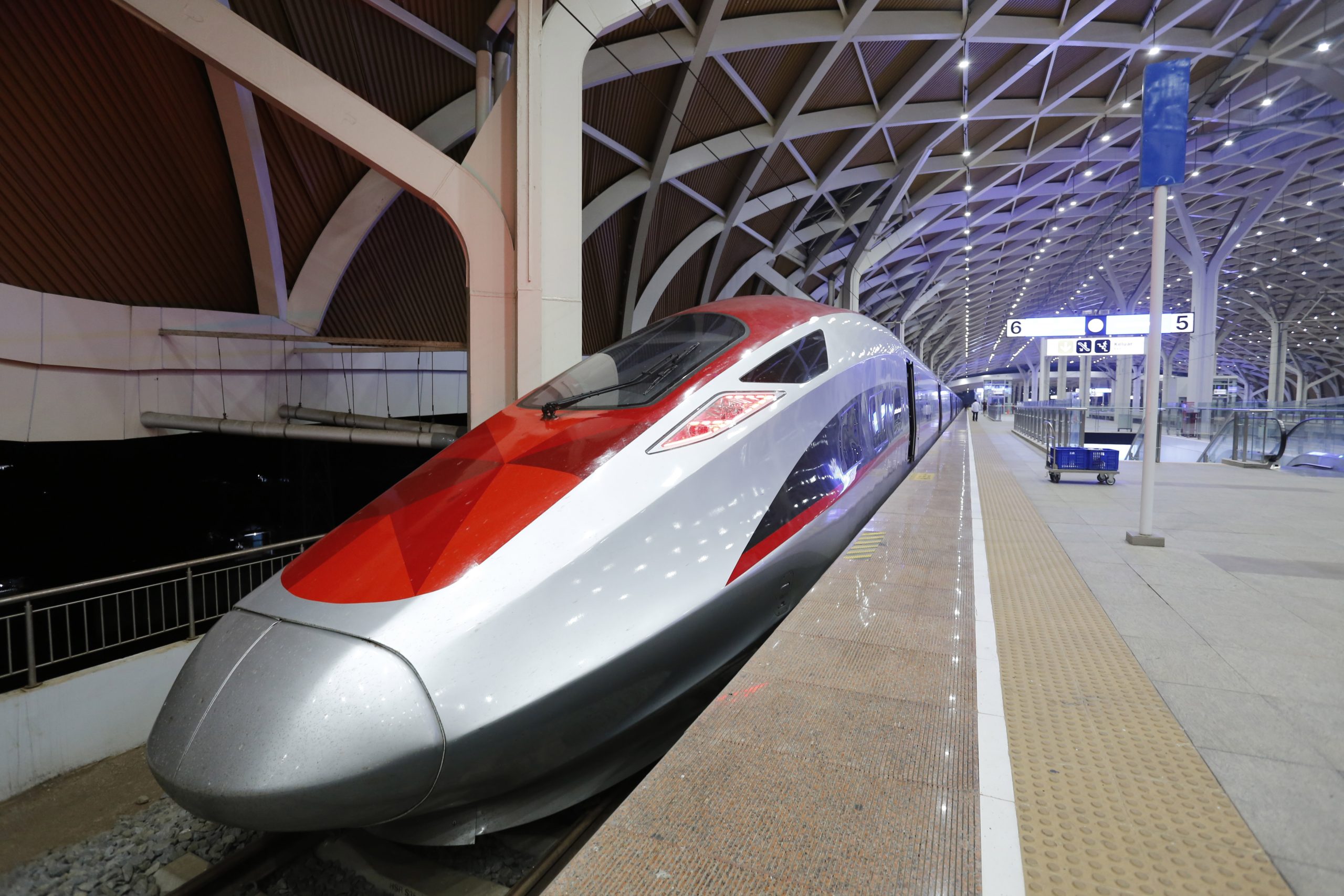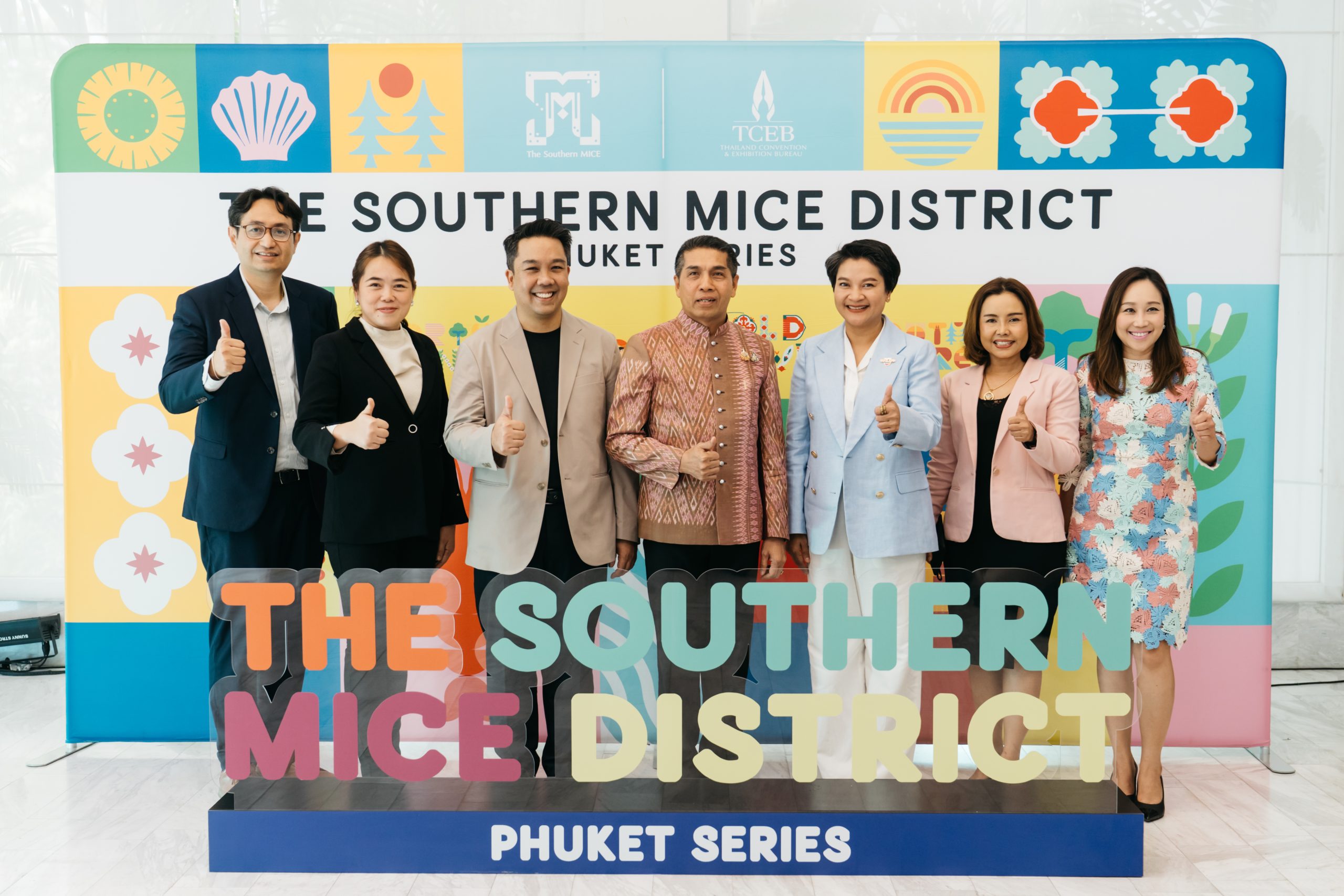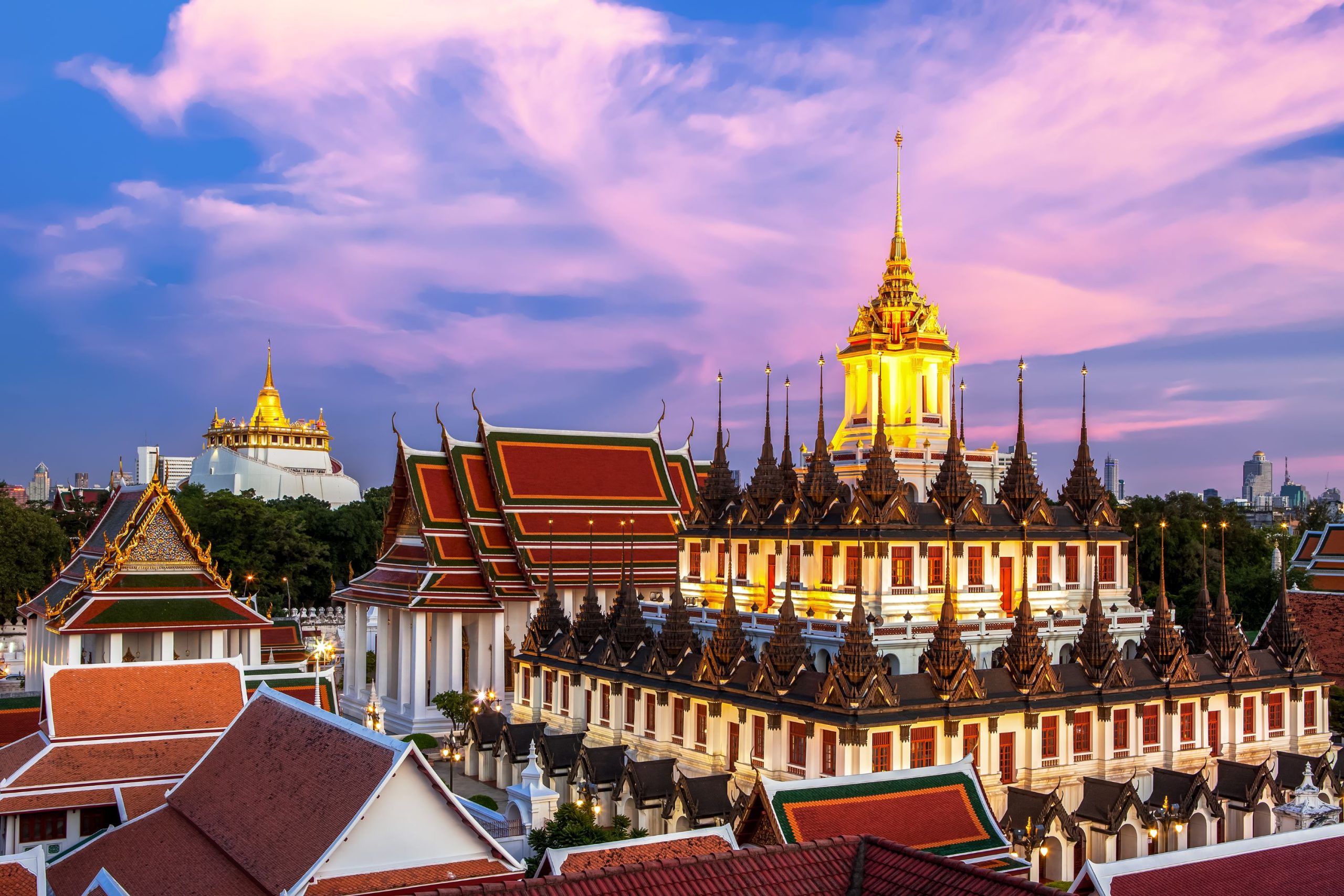Taipei is something of an enigma as far as major East Asian cities are concerned. Hong Kong has a mesmerising buzz, Shanghai boasts a seductive sassiness and Tokyo simply oozes style – these metropolises are endlessly attractive, making Taipei seemingly a much less exciting proposition.
Yet the city has a great deal to offer event organisers. Great food abounds in Taiwan, with a range of regional Chinese cuisines and Asian specialisms, such as Japanese, Korean and Thai, as well as Western varieties.
The city is also much more flexible than say Hong Kong, in allowing the use of public buildings for events.

Taiwan is seeing a new spurt of hotel construction and openings over the next few years and with its high-speed rail system in place alongside existing road and domestic air routes, an urban event in Taipei can easily be matched with post- and pre-conference tours to Taroko Gorge, Sun Moon Lake and other scenic spots.
Aside from its obvious Chinese heritage, Taiwan has a number of aboriginal cultures, which can add a fascinating flavour to your programme.
Taiwan also has substantial advantages in the areas of eco-tourism and wellness, both growing elements in today’s meetings and incentives sector. The country has over a dozen natural parks and reserves that provide the green lungs of the island. And few visitors will want to visit Taiwan without spending some time at a hot spring or a spa or simply to take advantage of Taiwan’s reputation for foot massage and reflexology.
Kitty Wong, president of Taipei-based events specialist K&A International, explains why regional corporate groups should consider the island: “I’ve been telling people, ‘if you’re looking for new and safe destination in Asia, pick Taiwan’. We have both excellent hardware and software for business events.”
Wong sees tremendous potential for growth in mid-size events, capitalising on Taiwan’s prowess in science and technology. “Taiwan has very high standards in medicine, pharmaceuticals and the high-tech industry, many of these meetings are finding new and safe destinations. More then half of them are under 1,500 participants (including spouses). Above all, many of them have never been to Taiwan.

Niche Markets
While other countries are bidding for mega events, we should do more of the smaller meetings and incentive groups but with quality.
Tracey Edwards, general manager Asia of CiEVENTS, says: “Taiwan is a great destination for the corporate meeting and incentive market. It is an exciting destination offering many varying options for incentives especially, such as beaches, mountains, shopping, great nightlife, good restaurants and many world-class hotels. Cruises are also a good option for Taiwan.”
Edwards also recognises that Taiwan’s scientific and technological strengths have often been translated into events catering for special industry sectors.
“We have worked with our clients for travel to Taiwan for corporate product meetings, mainly with the pharmaceutical industry. The other industry that works well for this market is the computer industry,” she says.
Kitty Wong of K&A International points out that while Taiwan has a range of luxury hotels and several purpose-built centres, there are unusual venues and accommodation options that can help create a corporate event with a difference.
“Other than big hotels and the Taipei International Convention Centre (TICC), some of the local temples have living quarters that can accommodate up to 500 people. We can arrange tailor-made three-day programmes for around 100 people each time. Also, we can arrange treasure hunt for human resource training courses in some of the riverbank trails,” she says.
Wong stresses that there are many cultural and historical buildings that can be included in an event programme.
“Many museums welcome small-group activities, such as porcelain making. For example, the Taiwan Democracy Memorial Hall is perfect for a welcome party of up to 1,000 participants. You can hold a great farewell party at The Shin-Yi Public Assembly Hall, which has Taipei 101 as its backdrop for up to 600 delegates.”
Food is a great Taiwanese passion and Taipei has a well-earned reputation for its quality of cuisines.
“The Silk Palace Theme Restaurant at the National Palace Museum is a very popular venue for gala parties of up to 250,” Wong says.
“Using the facilities mentioned, we can create ‘The New Meets the Old’ at the Shin-Yi Public Assembly Hall. We can find themes that match the museum visits such as ‘A Puppet Night’. Even using the public transport system to explore the city, ‘A Day in the MRT’ treasure hunt, is a popular teambuilding theme.”

Changing Tide
Certainly, if economic vitality was the only criterion for the health of business events, Taipei should be a bustling centre to rival its neighbours.
But politics, both within the island and across the straits, has bedevilled Taiwan’s business events sector. For years, the task of promoting the island’s corporate events offering overseas was passed between government departments.
Jessica Liu, director of sales and marketing at The Howard Plaza Hotel Taipei, expresses frustration at what she sees as the lack of government direction in the past.
“Without strong government support, you can’t really promote Taiwan as a corporate events destination,” she says.
For many years, various governments strongly pushed the exhibition sector, where Taiwan’s technological strengths have proven a magnet for computer trade shows and the like. However, the focus on meetings and incentives has been nowhere near as great.
Jerry Liao, chief of the MICE project office at the Ministry of Economic Affairs, believes that Taiwan has now turned the corner in this regard.
“We have seen Taiwan rise in the rankings produced by the International Congress and Convention Association (ICCA). Taipei was ranked 40th in the 2006 list and came 18th in 2007.”
Despite Taipei’s high spot in the ICCA rankings, which measure association gatherings rather than corporate meetings, Taipei has often been overlooked as a destination for business gatherings and incentives.
In the past, as Liao concedes, cross-straits politics have often worked to Taiwan’s disadvantage. However, a new spirit of cooperation is beginning to emerge leading to negotiations on expanding tourism between Taiwan and China.
There is a new optimism that this will have a positive effect on corporate meetings and incentives. This is in large part because many regional events in Asia include participants from China and the cumbersome process of applying for visas to enter Taiwan is off-putting when other options are more readily available.
In the past, international conferences had to warn delegates holding passports issued by the People’s Republic of China that it might take up to two months to secure a visa even with a sponsor’s supporting letter.
Tracey Edwards of CiEVENTS says: “At this stage, we do not offer any incentives and meetings from China to Taiwan as the Chinese and Taiwanese governments have only just allowed visitors between the two countries. At the moment, people can only travel to Taiwan on a group package and scheduled charter flights. Visas are still difficult to secure for Chinese residents travelling to Taiwan.”
If and when this situation changes, Edwards believes, the business will be there for Taiwan.
“We have many clients in Mainland China interested in taking their delegates on incentives to Taiwan so we are keeping watch on the feasibility of when this will change so we can offer more opportunities to our existing clients.”

FAST FACTS
Access
Taiwan is well served by international flights. The main point of access for overseas visitors is Taiwan Taoyuan International Airport, which is about 40km southwest of Taipei city centre. There are also some regional routes into Kaohsiung and Tainan airports. Negotiations are still ongoing on easing flight restrictions between Taiwan and Mainland China.
CLIMATE
Taiwan is sub-tropical but the climate varies from hot and humid in the south to cooler in the north and inland mountainous region. All over the country sudden rain showers frequently occur, making rainwear an essential part of a visitor’s luggage.
The driest time of year is autumn (September and October), which is followed by a short generally damp and chilly winter with snow on the island’s mountain peaks.
Summer temperatures can reach 35?C at the coast. Summer is also typhoon season.
VISA
Visitors from many Western countries do not need visas for stays of 30 day or less. Japanese citizens can stay up to 90 days.
Citizens of most other countries can apply for a visa on landing, showing their return ticket.
For citizens of the People’s Republic of China, there are special procedures that need to be followed. Check website at www.boca.gov.tw for further details.
Languages
Mandarin Chinese is the official language and some other Chinese dialects are widely used and understood.
English and Japanese are widely spoken in hotels, major restaurants, airports and so on.
ENQUIRIES
Taiwan MICE Project Office
Contact: Justin Yeh
Email: justin.yeh@meettaiwan.tw
THE PROFESSIONALS
Kuoni Travel
contact: Jessie Wang
email: jessie.wang@tw.kuoni.com
www.kuoni-dmc.com/network/asia/taiwan
K&A International
contact: Kitty Wong
email: kitty@knaintl.com.tw
Intercon Convention Management Consultancy
contact: Venesa Tu
email: ve-tu@uniplan.com.tw
Taiwanlook
contact: Stacy Yang
email: stacy@convention.com.tw
TAIWAN SAMPLE PROGRAMME
day 1
Taipei
Morning: Arrivals and transfer from Taoyuan International Airport to hotel.
Lunch: Traditional beef-noodle soup at a family-run restaurant in Taipei.
Afternoon: Tour of Dr Sun Yat-Sen Memorial Hall. The hall commemorates the founding father of Republican China and contains a library with 1.4 million books as well as five large exhibition halls with various displays.
Evening: Welcome dinner, themed Chinese banquet.
Overnight: At a Taipei hotel.
day 2
Taipei
Morning: Breakfast at hotel, followed by a visit to The National Palace Museum. This holds one of the largest collections of Chinese artefacts and artworks in the world, taken mostly from the Forbidden City in Beijing. They were shipped to Taipei by former dictator Chiang Kai-shek, when his defeated forces fled Beijing during the Chinese Civil War.
Built in the mid-1960s, the museum reopened in late 2006, after 10 years of renovation. The displays are rotated once every three months, which means 60,000 pieces can be viewed in a year. It would take nearly 12 years to see them all.
Lunch: Silk Palace restaurant, whose menu contains dishes inspired by the museum collection.
Afternoon: Visit Longshan temple, a famous southern Chinese-style building. A guide will explain various Chinese religious rites and customs.
Evening: Visit the night market and dine informally at some of the local restaurants, finishing with a late-night visit to Taipei 101 for a panoramic view of the city.
day 3
Sun Moon Lake
Morning: Early breakfast at hotel and then depart by Taiwanese High Speed Rail for Taichung and then luxury coach transfer to Sun Moon Lake, the largest natural lake on the island. The eastern part of the lake is round like the sun, while the western part is shaped like a crescent moon, hence the name. The area around the Sun Moon Lake is home to the Thao tribe, one of many aboriginal tribes in Taiwan. In the middle of the lake is Lalu island, a sacred place for the Thao people and off limits to visitors. However, it is possible to sail on a ferry around the lake itself. There will be a visit to Wenwu Temple nearby.
Lunch: At the hotel.
Afternoon: At your leisure for shopping or spa treatments.
Evening: Farewell themed dinner at a local restaurant with Thao cultural show.
Overnight: At a local hotel.
day 4
Return
Morning: Early breakfast at hotel then return to Taipei and depart for home destinations.
HOTEL HIGHLIGHTS
Artistic tours
Sheraton Taipei
Aside from its modern facilities and large room inventory that make the 688-room Sheraton Taipei one of the city’s top events hotels, the property also boasts an art promenade. This comprises a selection of galleries that range from traditional antique Chinese artefacts to quirky contemporary art featuring Taiwanese, Mainland Chinese and foreign artists. The promenade provides delegates a perfect break from the focus on agendas and business talks. With a capacity of up to 1,200 people and 18 different meeting spaces, the Sheraton has carved a niche for itself in the city.
In residence
Grand Hyatt Taipei
Taipei’s 856-room Grand Hyatt has taken the Residence concept a step further. The underlying concept is to break away from the stiff formality of normal meeting spaces by creating a homely relaxed atmosphere bringing the function space into close contact with kitchen and dining facilities. The 500sqm Grand Residence, comprises of Residence One, Two and Three, is located on the lobby floor with natural light. These stylish spaces can host events for up to 200.
Mega events
Howard Plaza Taipei
With a ballroom capable of holding up to 700 people and a total of 18 meeting spaces of varying sizes, the 606-room Howard Plaza provides one of the city’s major one-stop conference and meeting venues. There are also 10 food and beverage outlets, covering Taiwanese, Shanghainese, Cantonese, Japanese and French cuisines, so organisers need not worry about finding a range of dishes to suit delegates’ palates and personal preferences.
Suite success
Shangri-La’s Far Eastern Plaza Taipei
What better way to host a small, private gathering or to reward your top incentive achievers than by booking the exclusive 226sqm Presidential Suite in Shangri-La’s Far Eastern Plaza Taipei. The Presidential Suite’s living room ceiling is two storeys high and the large bay windows offer fabulous views of Taipei. The suite is on the highest guestroom floor, creating complete privacy for your attendees or incentive winners. The suite includes a separate living room, dining room, and kitchenette, along with a grand bedroom and bathroom with Jacuzzi. The suite comes with butler service and features a 50-inch plasma TV, a Bose sound system and even a grand piano.
City icon
Grand Hotel
One of the most instantly recognisable landmarks in all of Taipei, the Grand Hotel opened back in 1952 and underwent a major renovation in 1998. Its traditional palatial style architecture and its tiled roof can be seen for miles around. The hotel’s Grand Ballroom is on the top floor, with panoramic views of the city. This can hold 800 people. There is also a 400-seater theatre-style auditorium two floors below.


